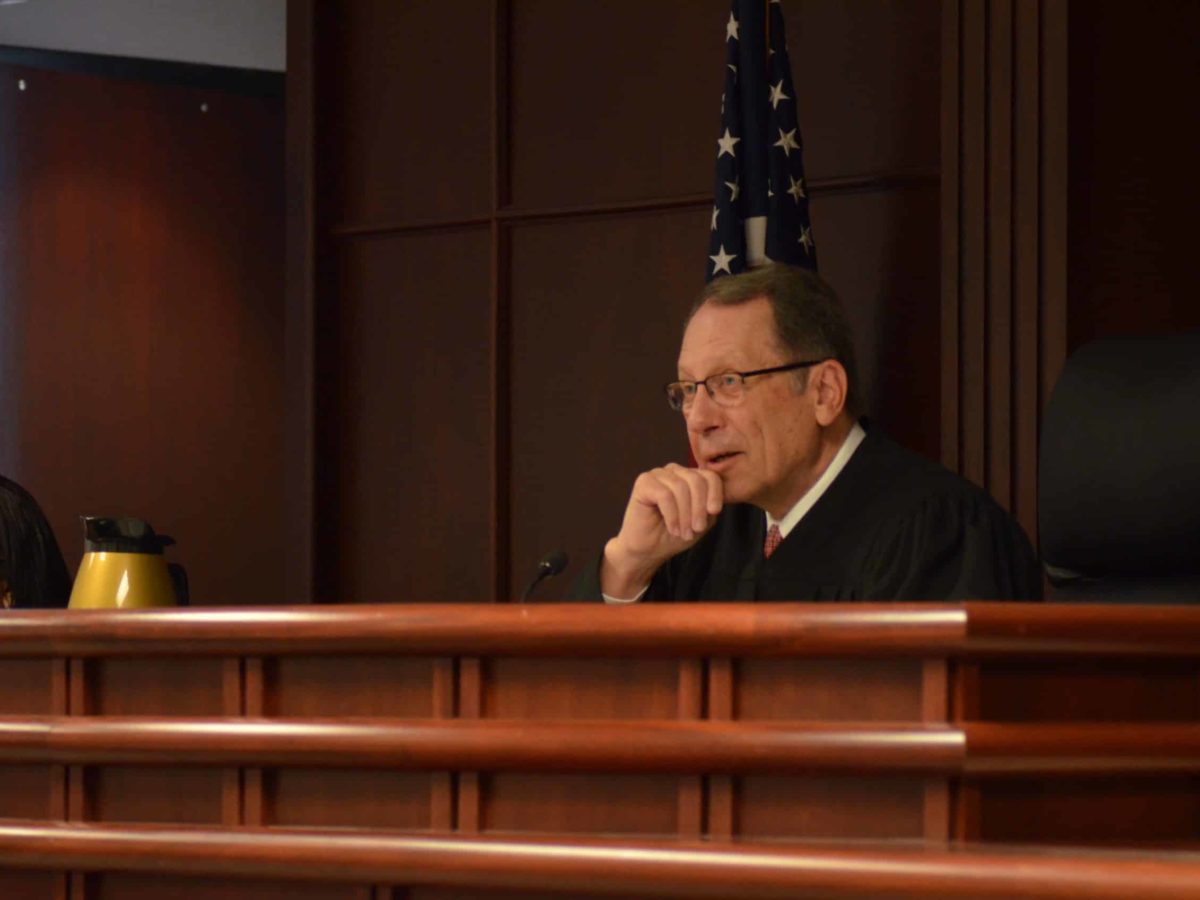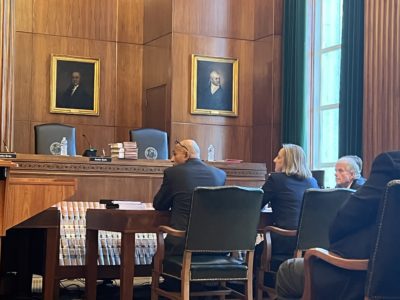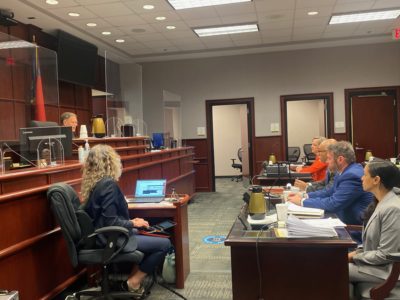
Share this story
- In a 4-3 decision, the state Supreme Court ruled on Friday that the state must transfer funds to fulfill years two and three of the Leandro Comprehensive Remedial Plan. #nced
- "For a quarter-century, the judiciary has deferred to the executive and legislative branches to remedy this statewide constitutional violation. ... Evidence clearly demonstrates that it persists today," the N.C. Supreme Court said in its decision. #nced
|
|
In a 4-3 decision on Friday, the State Supreme Court upheld the original trial court order from Judge David Lee that the state must transfer the money necessary to fund years two and three of the Leandro Comprehensive Remedial Plan (CRP).
“For a quarter-century, the judiciary has deferred to the executive and legislative branches to remedy this statewide constitutional violation. Yet overwhelming evidence clearly demonstrates that it persists today,” the ruling states.
The plan was the trial court’s attempt to bring the state in compliance with its constitutional duty on education in a case that has been going since the 1990s.
“This Court calls upon the parties to imagine a future in which all North Carolina children receive the opportunity to a sound basic education, then honor their constitutional oaths by working together to make that future real,” the Supreme Court ruling states.
Read the Supreme Court ruling here. Read more about Leandro here.
Statements from elected officials, advocacy groups, and others went out via e-mail and social media following the Supreme Court opinion Friday.
Democratic Gov. Roy Cooper said the following in an emailed statement:
“It’s our constitutional duty to ensure every child has access to a sound basic education. As the NC Supreme Court has affirmed today, we must do more for our students all across North Carolina.”
WestEd, which developed an action plan that eventually helped form the CRP, also put out a statement. Susan Mundry, division director of WestEd, said the ruling “reinforced that every student in the state should have access to an equitable, sound, and basic education.”
“Our court-directed investigation into the needs of North Carolina’s public education system found that schools with larger percentages of students in poverty received dramatically lower performance grades than schools with lower percentages of students in poverty,” she said. “This underscored the dire need for a plan of action to address deep inequities in school funding and student outcomes.”
The Public School Forum of North Carolina and the Dudley Flood Center for Education Equity and Opportunity called Friday “a seminal day” for North Carolina in an emailed statement.
“This is a first step to eradicating inequities between affluent and economically disadvantaged schools and districts. This ruling helps to provide a pathway to systematic approaches to meet the needs of each and every student,” the statement read. “We must all continue to support equitable practices that provide adequate resources to the approximate 1.5 million public school students and the districts serving them each day.”
Reaction to the Leandro ruling also poured in via Twitter. Senate Minority Leader Dan Blue, D-Wake, said everyone wins when all students can get a good education.
“Today’s #Leandro decision is a strong step forward in repairing a broken system and protecting our kids’ constitutional right to a sound basic education,” he said on Twitter.
And state Attorney General Josh Stein, who’s office participated in the case, also weighed in on Twitter.
“It is past time for NC to adequately fund our schools so that NC’s high school graduates are ready to succeed, whether starting college or their career,” he wrote. “I thank my team for their impressive work arguing this landmark case. We are proud of our role to help strengthen NC.”
This is a developing story. Check back for updates.




